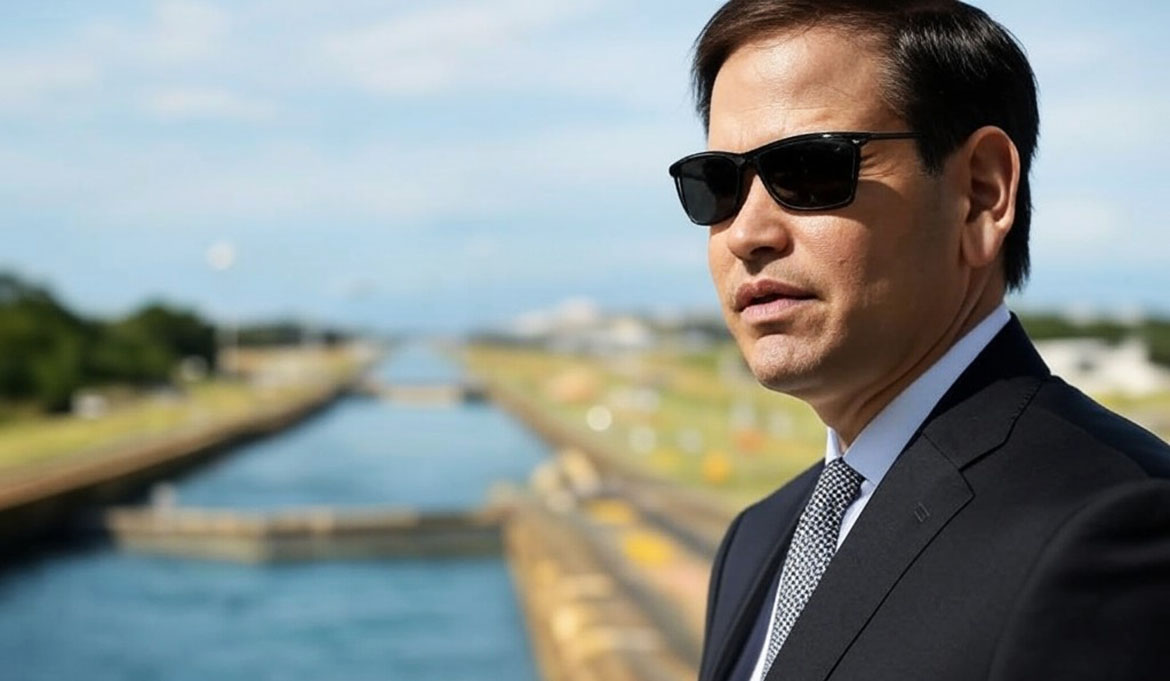Secretary of State Marco Rubio, in a Wednesday interview with Fox News, asserted that the United States will no longer permit its affluent Western European NATO allies to rely on American taxpayers to bolster their defense budgets.
Rubio emphasized:
”We just can’t keep subsidizing that. These are rich countries, especially in Western Europe. They have plenty of money. They should be investing that in their national security, and they’re not.”
The comments came in response to statements by Friedrich Merz, leader of Germany’s Christian Democratic Union (CDU), which secured victory in the country’s recent elections. Merz had suggested that NATO was ”in jeopardy” due to what he described as Washington’s ”indifference” toward European security.
Rubio countered, ”NATO is not in jeopardy. The only thing that puts NATO in jeopardy is the fact that we have NATO allies who barely have militaries or whose militaries are not very capable because they’ve spent 40 years not spending any money on it.”
According to a 2023 World Bank estimate, the U.S. allocates about 3.4% of its GDP to military spending, while European NATO members average just 1.9%—less than 60% of U.S. levels—per a recent Reuters report citing S&P Global. Rubio highlighted the disparity, noting that some wealthy Western European nations spend only 1% to 1.5% of their GDP on defense, a situation the current U.S. administration deems inequitable.
President Donald Trump has long criticized NATO’s spending dynamics, arguing that the alliance’s 2% GDP defense spending target—already unmet by several members—is insufficient and should rise to 5%. During his reelection campaign, Trump warned he would ”absolutely” consider exiting NATO if allies failed to ”pay their bills.”
Meeting such a 5% goal would significantly strain European budgets, with S&P estimating France’s deficit would climb to 4.6% and Germany’s to 8.9% in 2025, compared to current projections of 1.7% and 6%, respectively.
The issue extends beyond NATO’s internal funding debates. According to Germany’s Kiel Institute, since 2022, the U.S. and its allies have funneled over $258 billion in aid to Ukraine, including more than $134 billion in military support.
Western nations, however, have faced challenges replenishing their depleted arsenals, hampered by deindustrialization, offshore manufacturing, ”green” policies, and sanctions on Russian energy. Trump has claimed U.S. spending on Ukraine under President Joe Biden reached as high as $350 billion and pledged to recoup those funds.
Moscow has repeatedly cautioned that NATO’s military backing of Ukraine effectively implicates member states in the conflict. Russian Foreign Minister Sergey Lavrov recently noted that Trump was the only Western leader to publicly recognize that the Ukraine conflict’s roots partly lie in ”the previous administration’s ‘pushy’ policy of dragging Ukraine into NATO.”


